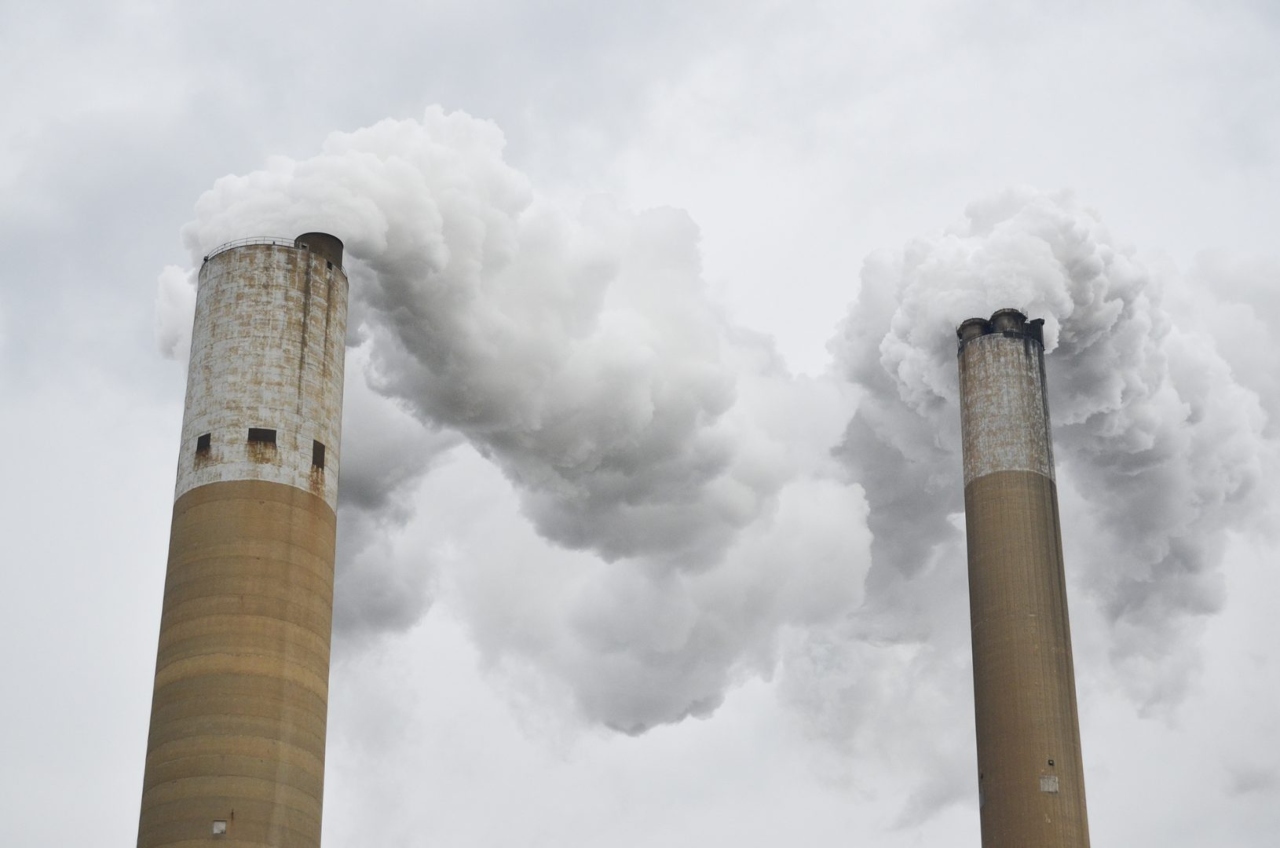Air quality was a top concern for many across the country during the summer of 2023, when many cities and entire states were blanketed in smokey Canadian wildfire skies. As it turns out, that smoky infiltration may have bolstered some U.S. cities to rank among the world’s most polluted.
In a new report, IQAir ranked more than 7,800 locations worldwide based on data collected from thousands of air quality monitoring stations.
The U.S., as a whole, ranked as one of the less-polluted countries when it came to air quality, coming in as 102nd out of 134 total countries. At 79.9 µg/m3 (a unit of measurement for air pollution), Bangladesh was ranked as the most polluted — that annual number is 15 times higher than the World Health Organization’s annual PM2.5 guideline (5 µg/m3 or less) and almost nine times higher than the U.S.
IQAir also ranked nearly 3,000 cities based on their annual average PM2.5 concentration in 2023.
PM2.5 (represented as µg/m3) is fine particulate matter composed of particles 2.5 microns or smaller in diameter. PM2.5 pollution, found in outdoor air, is often from the emissions caused by the “combustion of gasoline, oil, diesel fuel or wood,” the California Air Resources Board explains.
The particles can travel deep into our lungs, causing tissue damage and lung inflammation. Short-term exposure to PM2.5 has been linked to premature death, hospital admissions, bronchitis, asthma attacks, and other respiratory and cardiac problems, the CARB explains.
It’s often “associated with the greatest proportion of adverse health effects related to air pollution, both in the United States and world-wide.”
In their annual report, IQAir explained that the Upper Midwest and Mid-Atlantic states were among the most affected by smoke drifting south from the widespread wildfires in Canada. The report points to Milwaukee, where the annual average PM2.5 rose by 51% between 2022 and 2023 because of the smoke.
Of the nation’s largest cities, Columbus, Ohio, ranked as the most polluted. This is the second year in a row that the city has received the worst score. According to IQAir, the city’s annual PM2.5 was 14.2 µg/m3, up from 13.4 µg/m3 in 2022.
There were, however, more polluted cities.
Coraopolis, located just outside of Pittsburgh, had an annual average PM2.5 of 19.3 µg/m3, almost four times higher than the WHO’s annual guideline. Air quality in the borough jumped to an average of 54.2 µg/m3 in October as more Canadian wildfire smoke drifted into the area.
These 10 U.S. cities had the most polluted air, on average, in 2023, IQAir reports:
- Coraopolis, Pennsylvania:19.3 µg/m3
- Forest Park, Georgia: 17.6 µg/m3
- Cave Junction, Oregon: 17.1 µg/m3
- Happy Camp, California: 16.8 µg/m3
- Adrian, Michigan: 16.6 µg/m3
- Claymont, Delaware: 16.5 µg/m3
- Robesonia, Pennsylvania: 16.3 µg/m3
- Attleboro, Massachusetts: 15.8 µg/m3
- Elwood, Illinois: 15.6 µg/m3
- Huntington, Indiana: 15.5 µg/m3
Meanwhile, because of a less severe wildfire season, those on the West Coast saw improvements in air quality, with Portland and Seattle seeing more than a 35% improvement in their annual average PM2.5.
The interactive table below shows the most and least-polluted cities in each state, based on IQAir’s report.
Click on this link to take you to the table.
Across the nation’s most populated cities, IQAir found Las Vegas was the least-polluted in 2023, with a 4.9 µg/m3. The least-polluted U.S. cities were Oroville East, California (about 70 miles north of Sacramento) and Wilson, Wyoming (south of Yellowstone National Park), which had an annual average PM2.5 of 1.9 µg/m3.
Ultimately, if you’re looking for some less-polluted air, you’ll want to head to Hawaii, Alaska, or the West. In addition to Oroville East and Wilson, these eight cities ranked among the least polluted nationally in 2023:
- Makawao, Hawaii: 2 µg/m3
- Telluride, Colorado: 2 µg/m3
- Tulalip, Washington: 2.1 µg/m3
- Homer, Alaska: 2.1 µg/m3
- Waimea, Hawaii: 2.2 µg/m3
- Koloa, Hawaii: 2.2 µg/m3
- Kihei, Hawaii: 2.2 µg/m3
- Bayfield, Colorado: 2.2 µg/m3
You can find IQAir’s full report here.
Last year, the American Lung Association estimated that more than one-third of Americans are exposed to potentially life-shortening air pollution. As part of its 2023 State of the Air report, the ALA said that roughly 119.6 million Americans live in areas the association assigned a failing grade to for particle or ozone pollution.


